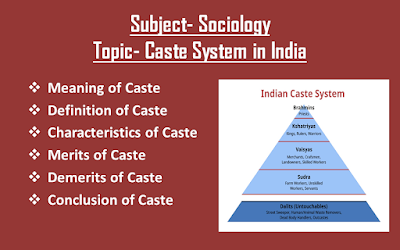Un-social Groups- Meaning, Definition, Characteristics and Importance
# Meaning of Un-social Groups
An un-social group refers to a collection of individuals who do not interact or associate with each other in a social manner. They do not participate in the society and remains alone. This can be due to various reasons such as lack of common interests or goals, different values or beliefs, conflicting personalities or behaviors, geographical or cultural barriers and intentional exclusion or isolation.
For example, Strangers in a public place, people from different cultural or linguistic backgrounds who don't interact, individuals with conflicting interests or agendas, those who intentionally avoid social interactions (e.g., hermits) and online forums or social media groups with no active engagement or discussion are the instances of un-social groups.
# Definition of Un-social Groups
1. According to Emile Durkheim:- "A group that lacks social solidarity, shared values, and collective consciousness, often characterized by anomie and disintegration."
2. According to Max Weber:- "A group that is devoid of social relationships, shared interests, and collective action, often resulting from rationalization and bureaucratization."
3. According to George Herbert Mead:- "A group that fails to develop a shared sense of self, social identity, and collective behavior, often due to inadequate socialization."
4. According to Talcott Parsons:- "A group that lacks social integration, shared values, and collective goals, often leading to social dysfunction and conflict."
5. According to Robert K. Merton:- "A group that fails to conform to social norms, values, and expectations, often resulting in deviance and social disorganization."# Characteristics of Un-social Groups
1. Limited or no interaction:- Members do not engage with each other in a significant way.
2. No sense of community:- There is no feeling of belonging or connection among members.
3. Absence of social bonds:- No strong relationships or emotional connections exist among members.
4. Individualism:- Members prioritize their individual interests over collective interests.
5. Isolation:- Members may be physically or emotionally isolated from each other.
6. Lack of communication:- There is little or no meaningful communication among members.
7. No cooperation:- Members do not work together towards a common goal.
8. Disconnection:- Members may feel disconnected from each other and the group as a whole.
9. No social support:- Members do not provide emotional or practical support to each other.
10. No collective identity:- The group does not share a common purpose, interest, or goal, and members do not identify with the group.# Importance of Un-social Groups
1. Un-social groups provide a space for individuals to maintain privacy and autonomy.
2. Un-social groups allow for independent thought and action, free from group influence.
3. Un-social groups foster self-reliance, self-motivation, and personal growth.
4. Un-social groups enable individuals to pursue unique interests and passions.
5. Un-social groups offer a refuge from social pressure, conflict, and drama.
6. Un-social groups promote introspection, self-reflection, and mindfulness.
7. Un-social groups support creative freedom and innovation.
8. Un-social groups allow for emotional recharge and stress reduction.
9. Un-social groups provide a platform for observing and learning from others without direct involvement.
10. Un-social groups contribute to diversity and individuality within society.
Watch video on YouTube





